15 Serious Side Effects Of Garlic (Foods To Avoid With It)
Anything in excess can be unhealthy and harmful for you, and so is garlic.
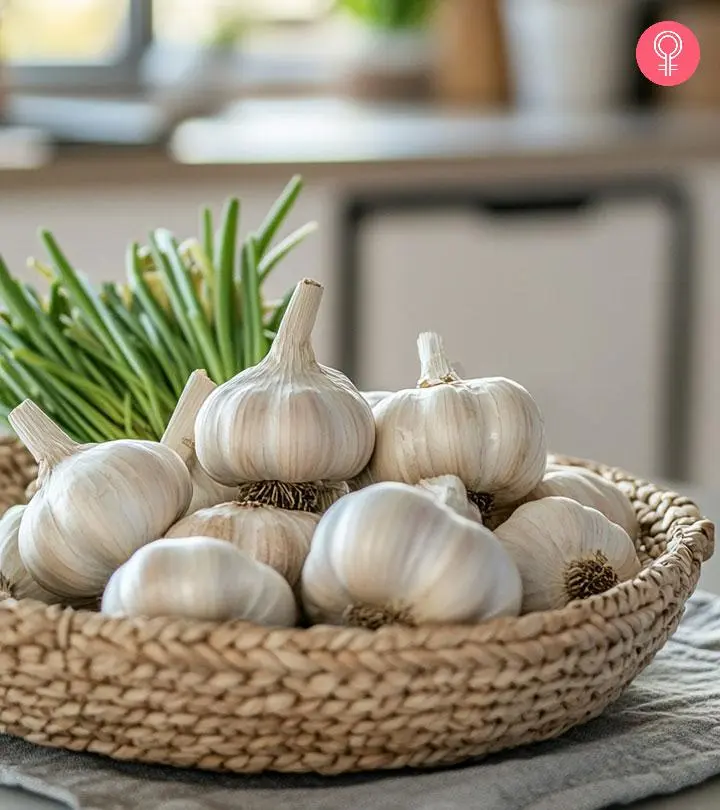
Image: Midjourney/ StyleCraze Design Team
Garlic has a strong, pungent taste and is flavorful. This herb has medicinal properties. But, did you ever give a thought to the side effects of garlic?
Excess intake of garlic (Allium sativum) has been linked with bleeding disorders, diarrhea, liver damage, vomiting, nausea, and heartburn.
So, is garlic bad for you? This article explores the 14 adverse effects of garlic and things to consider before consuming it. Let’s get started.
 Know The Flip Side: Garlic
Know The Flip Side: GarlicShort-Term Effects
It can cause bad breath, vomiting, nausea, heartburn, diarrhea, sweating, lower blood sugar levels.
Long-Term Effects
May aggravate bleeding issues and lead to liver damage, eczema, and even vision issues.
Drug Interactions
Interacts with blood-thinners and raises the risk of bleeding out.
When To See A Doctor
If you experience excessive stomach discomfort, very low blood sugar levels and nose bleeds, seek medical help.
In This Article
What Are The Side Effects Of Garlic?
While garlic is often touted for its health benefits, consuming too much of it can have a number of adverse effects on your health.
Adrienne Raimo, RDN, LD, CHC, CLT, says, “The key here would be to not ingest large quantities of garlic, especially the raw form, and to stop eating it if it’s causing side effects such as nausea, diarrhea, blood pressure drops.”
For safe consumption, it is essential to be aware of these possible risks.
1. May Cause Liver Damage
Excess garlic consumption may affect the liver. Though raw garlic has antioxidant potential, excess intake can lead to liver toxicity (1). As per rat studies, garlic in high doses (0.5 grams per kg of body weight) may induce liver damage. However, low doses of garlic (0.1 grams to 0.25 grams per kg of body weight) on a daily basis are safe for the liver (2).
2. May Cause Bad Odor
As per one Italian report, garlic breath and body odor were two of the most common adverse effects associated with garlic
(3). Lack of personal hygiene is not the only cause of body odor, as consumption of garlic may result in it too (4).
Youtuber Thando shared her experience with eating raw garlic for 7 days in a video. She said, “After eating it, obviously your mouth’s going to smell garlicky, but after that, you can shower and then brush your teeth (i).” She noted another downside saying that garlic goes down slowly and burns in the mouth and esophagus.
Garlic odor has been found to linger in the mouth long after brushing. Certain experts believe that the chemicals that contribute to the benefits of garlic are the same chemicals that also provide its bad breath odor (5). However, bad breath can be embarrassing. Hence, you probably need to think twice before consuming garlic. You may also take precautions and use a mouth-refreshing spray.
 Quick Tip
Quick Tip3. May Cause Nausea, Vomiting, And Heartburn
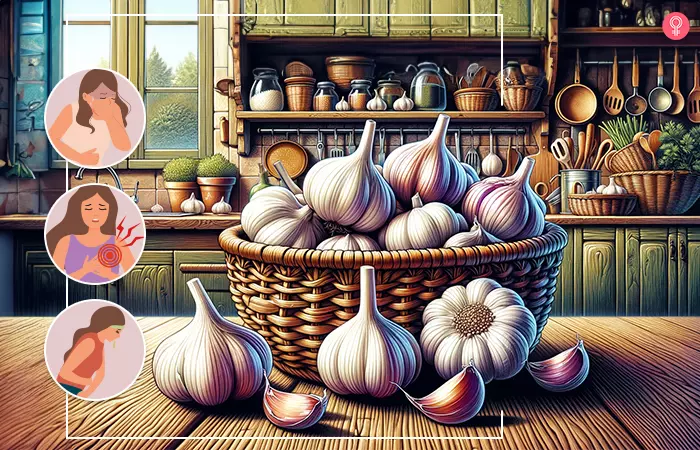
Anecdotal evidence suggests that consuming fresh garlic bulbs on an empty stomach may cause acid reflux, nausea, vomiting, and heartburn. Certain observational studies have also stated that taking garlic orally can cause heartburn and nausea (6). Excess garlic intake may also cause GERD (gastroesophageal reflux disease) in some individuals. More research is needed to understand this side effect of garlic.
4. May Cause Diarrhea
Consuming fresh garlic in excess can cause diarrhea. Garlic may trigger diarrhea as it may cause gas. A review published in the journal Foods discussed garlic’s health benefits and side effects. It found that excessive consumption of fresh garlic could lead to digestive issues such as acidity, indigestion, nausea, vomiting, diarrhea, and gas, and cause a burning sensation in the stomach and chest. These effects result from the sulfur compounds interacting with gut bacteria or irritating the digestive tract. Cooking garlic at high temperatures can reduce these side effects by breaking down some bioactive compounds (7).
5. May Cause Gastric Issues
One Japanese study speaks about enteric-coated garlic products (products coated with a polymer barrier to prevent disintegration in the gastric environment).
These garlic products, upon ingestion, resulted in the reddening of the gastric mucous membrane and can cause gastrointestinal discomfort (8). The results suggest that caution must be exercised before using garlic and related products as they may have undesirable effects on gastric health.
In fact, as against popular belief, there is no evidence that links garlic intake to the prevention of gastric cancer A study published in the International Journal of Cancer investigated the relationship between garlic intake and gastric cancer risk in two large U.S. cohorts, the Nurses’ Health Study and the Health Professionals Follow-Up Study, spanning up to 30 years. Among 123,484 participants, 292 cases of gastric cancer were identified. The analysis found no statistically significant association between garlic consumption and reduced gastric cancer risk. Additionally, garlic intake did not show a significant correlation with Helicobacter pylori infection, a known gastric cancer risk factor. These findings suggest that high garlic intake may not lower the risk of developing gastric cancer (9).
6. May Lower Blood Pressure Way Too Much
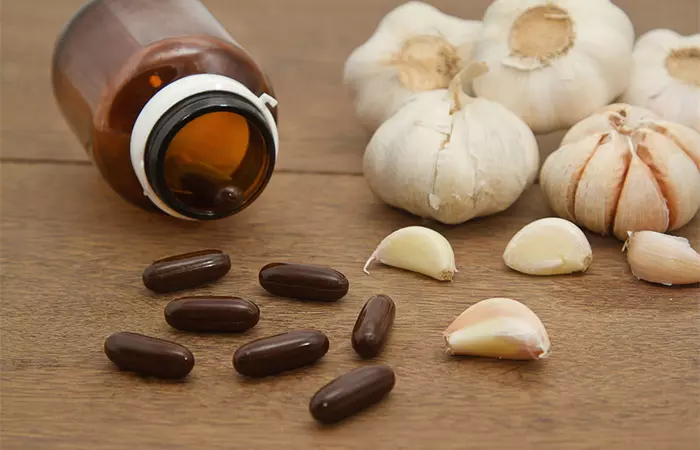
Garlic may lower blood pressure (10). But if you are already on medications for high blood pressure, it may lead to hypotension (low blood pressure). Supplemental garlic has also shown to lower blood pressure levels (11). Hence, taking garlic supplements could be a bad idea when you are already on blood pressure medications. Taking garlic by mouth can also modestly reduce blood pressure (12).
In a meta-analysis of 553 hypertensive participants and 12 trials, garlic supplements were proven to lower systolic blood pressure by an average of 8.3±1.9 mmHg and diastolic blood pressure by 5.5±1.9 mmHg.
7. May Aggravate Bleeding
Garlic may increase the risk of bleeding. Hence, it must not be taken along with blood-thinning medications like warfarin
(13).
This is true especially in the case of fresh garlic. It also is better to stop garlic consumption at least 7 days before a scheduled surgery. Garlic has antiplatelet effects and may cause increased bleeding tendency during surgery (14).
8. May Induce Sweating
As per some studies, garlic may also cause profuse sweating in certain individuals (15). However, we need more research in this regard.
9. May Cause Dizziness
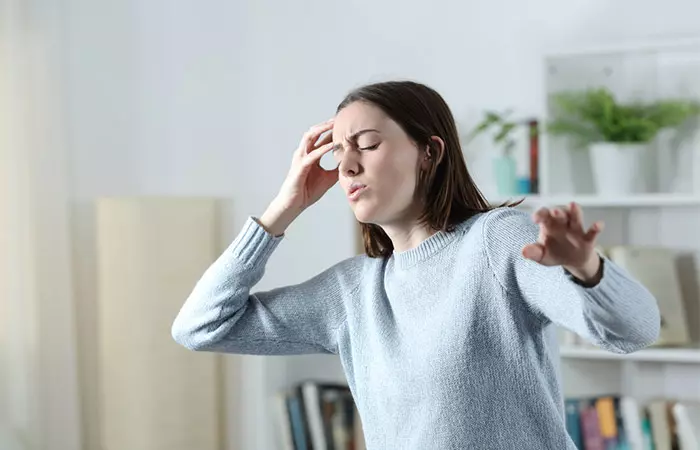
Excess garlic intake can cause dizziness, fatigue, and fainting (16). The mechanism behind this action is yet to be studied.
10. May Cause Eczema Or Rashes
Prolonged contact with garlic may cause skin irritation. Some specific enzymes in garlic may lead to this irritation. As per anecdotal evidence, eczemai A skin condition most commonly diagnosed in young children that causes redness, dryness, itchiness, and inflammation. could also be one of the conditions that accompany this allergy.
 Quick Tip
Quick TipAs per one study, frequent handling of garlic for cooking could lead to skin rashes, hives, and itching A study published in the journal Contact Dermatitis highlighted cases of contact dermatitis caused by applying fresh garlic directly to the skin, a practice commonly used in Hong Kong for treating fungal and other infections. Eight patients experienced skin irritation after rubbing garlic on areas such as the groin, neck, limbs, hands, or face. Testing revealed that the dermatitis was due to irritation rather than an allergic reaction, as repeated open application with fresh garlic juice caused reactions, but patch tests with garlic extract did not. The condition was effectively treated with topical fluorinated steroids. The study emphasized discouraging the use of fresh garlic as a topical remedy to prevent such adverse effects (17).
11. May Interact With Certain Drugs
As per one study, garlic was found to interact with medications (18). They include:
- Chlorpropamide
- Fluindione
- HIV medications (Ritonavir)
- Blood thinners (Warfarin)
- Anti-platelet drugs (Aspirin)
12. May Cause Headache
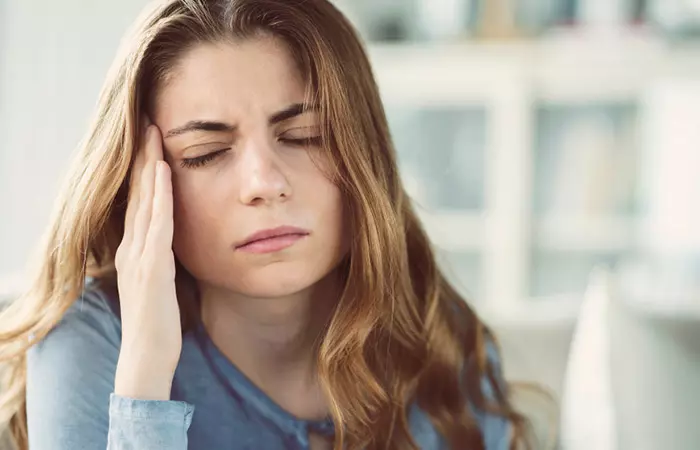
Garlic, especially when taken in its raw form, could trigger migraines (19). Though it doesn’t directly cause a migraine headache, it activates the process responsible for it.
Though the exact reason for this is unclear, certain experts believe it may involve the trigeminal nerve – the major pain pathway in the body. Taking garlic may stimulate this nerve to release neuronal signaling molecules called neuropeptides that rush to the membrane covering your brain and cause headaches.
13. May Aggravate (Vaginal) Yeast Infection
Garlic cloves may irritate the tender tissue of the vagina (20). Certain women insert garlic cloves into the vaginas as a remedy to treat vaginal yeast infections. This is not recommended.
14. May Cause Vision Changes
It has been found that excessive ingestion of garlic can lead to a condition called hyphema, which refers to bleeding inside the eye chamber – the space between the iris and the cornea (16). Taking large doses of garlic, an anticoagulanti A group of medicines that reduce the formation of blood clots and prolong the clotting time. Also known as blood thinners. , may cause or aggravate hyphema. Hyphema may also cause permanent vision loss.
Anecdotal evidence suggests certain other side effects of garlic too. Excess intake may cause loss of appetite. Garlic overdose may lead to kidney hematomas (swelling of clotted blood within the tissues of kidneys), chemical burns in the mouth, and life-threatening allergic reactions. It can even cause difficulty breathing and wheezing and even trigger anaphylaxis.
Garlic may also cause a condition called pemphigus, an autoimmunei A condition in which the immune system cannot differentiate between healthy cells and foreign cells and attacks its own body cells. disease (21).
15. May Cause Blistering
Dermal contact with garlic may cause blistering in people who are allergic to it (22). This condition is also known as garlic burn and is attributed to the presence of compounds like allicin, which may cause skin irritation and induce allergic reactions (23).
The degree of burn depends on factors like the sensitivity of the skin and duration of exposure. Handling garlic or garlic juice for an extended period of time may cause burning, redness, and itching and may even lead to necrosis. Furthermore, crushed raw garlic is a potent irritant that may cause irritant contact dermatitis, a condition characterized by itchy rashes, in previously sensitized individuals (22). Hence, practice caution while handling garlic.
There is a list of foods that may cause side effects if taken along with garlic. We have covered those in the following section.
Key Takeaways
- Eating too much garlic may cause issues like bloating, gas, and heartburn.
- Garlic may interact with medications such as blood thinners.
- Garlic may cause allergic reactions in some people resulting in rashes.
- Garlic has a pungent smell which may cause garlic breath
- Garlic supplements may cause blood pressure to drop too low.
What Should You Avoid While Taking Garlic?
It is best you avoid consuming certain foods with garlic to keep the side effects at bay. These include:
- Clove
- Ginger
- Ginkgo
- Horse chestnut
- Red clover
- Turmeric
- Willow
- Capsicum
- Poplar
- Danshen
The intake of too much garlic can cause adverse effects. But, how much garlic is too much? Scroll down to learn recommended dosage of garlic.
Dosage
Jesse Feder, a Clinical Dietitian with the Memorial Regional Hospital South, says, “Garlic is not toxic. However, it is typically recommended to only have 1-2 raw garlic cloves in a day.”
If you have experienced any side effects caused by garlic, we have also got some tips to help you manage the symptoms. Scroll down to the next section.
Practical Advice For Managing Side Effects Of Garlic
- Seek medical advice if you experience persistent stomach discomfort, dizziness, or any allergic reactions after consuming garlic.
- Introduce garlic to your diet in small quantities to assess tolerance.
- If allergic, substitute garlic with milder herbs like chives or parsley.
- Opt for cooked garlic to reduce its pungency and potential side effects.
- If on blood-thinning or blood pressure medications, consult a healthcare provider before consuming garlic. This will help you avoid any potential herb-drug interaction.
Alicia ‘Chacha’ Miller, MS, RD, LDN, says, “Try consuming it in cooked form rather than raw, as cooking reduces its pungency and the risk of digestive discomfort. Purchasing pre-minced garlic instead of fresh can also help, as the processing it undergoes before reaching your plate breaks down some of its natural compounds, making it milder and less pungent.”
She continues, “Pairing garlic with foods rich in healthy fats, like olive oil or avocado, can further aid digestion. For those sensitive to its strong compounds, fermented or aged garlic supplements provide a gentler alternative while still offering heart-healthy and immune-boosting benefits.”
Infographic: Ingredient Spotlight: Garlic
Garlic is widely used in culinary delights and traditional home remedies. There is, however, a downside to every coin, and excessive garlic consumption can be detrimental to health.
Check out the infographic below to learn more about garlic, its recommended daily dietary intake, and some alternatives for this pungent condiment. Scroll down. Illustration: StyleCraze Design Team
Side effects of garlic are usually associated with prolonged overconsumption. High doses of garlic may induce liver damage and trigger nausea, vomiting, heartburn, bad odor, gastric issues, sweating, dizziness, headaches, vision changes, and yeast infections. It may also lower blood pressure and interact with certain medications. You also must avoid garlic with clove, chestnut, ginger, and ginkgo to avoid undesirable side effects. However, moderate garlic consumption offers important benefits. Anecdotal evidence suggests that the consumption of garlic in a regulated manner can help with chest pain, rapid heartbeats, shortness of breath, cough, chills, fever, and even muscle aches. Even so, without proper evidence back-up, it is always safe to check before you try out these home remedies.
Frequently Asked Questions
How long does garlic stay in your system?
Jesse Feder says, “Certain sulfur compounds in garlic may take up to two days to get out of your system.” Garlic will stay in your system for 24 to 48 hours. Spices like garlic get excreted through your sweat as well as your digestive system.
Is garlic stronger than antibiotics?
According to Jesse, “Garlic is not stronger than antibiotics, even though garlic has some antibiotic properties.”
Does garlic affect urine?
Jesse agrees and says, “Garlic contains certain compounds that can affect the smell of your urine.”
Can I drink water after eating garlic on an empty stomach?
Jesse says, “You can and should drink water after eating garlic on an empty stomach. This can help prevent some indigestion and gas.”
What should I do if I experience side effects from garlic?
If you experience side effects from consuming too much garlic, stop using it immediately and drink plenty of water to help alleviate mild discomfort. For skin irritation, apply a cool compress, and if symptoms worsen, or you have a serious reaction, consult a doctor right away.
Why does my stomach hurt when I eat garlic?
Garlic is high in fructans. Anecdotal evidence suggests that it may cause difficulty in digestion in some individuals. It may lead to upset stomach, abdominal pain, bloating, flatulence, and gas in some people.
Does garlic elevate blood pressure levels?
There is no research to support that garlic can elevate blood pressure levels.
Does garlic induce labor in pregnant women?
There is no research to state the same. However, pregnant women can consult their doctor before taking garlic.
What is the healthiest way to eat garlic?
The healthiest way to eat garlic is in its raw form. That way, you can get the maximum benefit of allicin, the compound in garlic responsible for its beneficial effects.
Does garlic make you pee a lot?
No studies suggest that garlic increases the frequency of peeing or the volume of urine. However, anecdotal evidence suggests that spicy foods like onion, garlic, and ginger may make you pee more.
Don’t make the same mistake many people do when taking garlic! Watch this video to learn how best to ingest your garlic and do it correctly!
References
Articles on StyleCraze are backed by verified information from peer-reviewed and academic research papers, reputed organizations, research institutions, and medical associations to ensure accuracy and relevance. Read our editorial policy to learn more.
- Banerjee, S K et al. “Garlic as an antioxidant: the good, the bad and the ugly.” Phytotherapy research : PTR vol. 17,2 (2003): 97-106.
https://pubmed.ncbi.nlm.nih.gov/12601669/ - Rana, S V et al. “Garlic hepatotoxicity: safe dose of garlic.” Tropical gastroenterology : official journal of the Digestive Diseases Foundation vol. 27,1 (2006): 26-30.
https://pubmed.ncbi.nlm.nih.gov/16910057/ - Borrelli, Francesca et al. “Garlic (Allium sativum L.): adverse effects and drug interactions in humans.” Molecular nutrition & food research vol. 51,11 (2007): 1386-97.
https://pubmed.ncbi.nlm.nih.gov/17918162/ - Senol, M, and P Fireman. “Body odor in dermatologic diagnosis.” Cutis vol. 63,2 (1999): 107-11.
https://pubmed.ncbi.nlm.nih.gov/10071744/ - “Garlic.” Garlic – an Overview | ScienceDirect Topics.
https://www.sciencedirect.com/topics/agricultural-and-biological-sciences/garlic - Martin Lopez, Juliana Ester. “Candidiasis (vulvovaginal).” BMJ clinical evidence vol. 2015 0815. 16 Mar. 2015
https://www.ncbi.nlm.nih.gov/pmc/articles/PMC4360556/ - Morales-González, José Antonio et al. “Garlic (Allium sativum L.): A Brief Review of Its Antigenotoxic Effects.” Foods (Basel, Switzerland) vol. 8,8 343. 13 Aug. 2019.
https://www.ncbi.nlm.nih.gov/pmc/articles/PMC6722787/ - Hoshino, T et al. “Effects of garlic preparations on the gastrointestinal mucosa.” The Journal of nutrition vol. 131,3s (2001): 1109S-13S.
https://pubmed.ncbi.nlm.nih.gov/11238827/ - Kim, Hanseul et al. “Garlic intake and gastric cancer risk: Results from two large prospective US cohort studies.” International journal of cancer vol. 143,5 (2018): 1047-1053.
https://pubmed.ncbi.nlm.nih.gov/29569711/ - Ried, K et al. “Aged garlic extract reduces blood pressure in hypertensives: a dose-response trial.” European journal of clinical nutrition vol. 67,1 (2013): 64-70.
https://www.ncbi.nlm.nih.gov/pmc/articles/PMC3561616/ - Ried, Karin et al. “Effect of garlic on blood pressure: a systematic review and meta-analysis.” BMC cardiovascular disorders vol. 8 13. 16 Jun. 2008.
https://www.ncbi.nlm.nih.gov/pmc/articles/PMC2442048/ - Pedraza-Chaverrí, José, et al. “Garlic Prevents Hypertension Induced by Chronic Inhibition of Nitric Oxide Synthesis.” Life Sciences, Pergamon, 25 Feb. 1998.
https://www.sciencedirect.com/science/article/abs/pii/S0024320597011557 - “Garlic.” National Center for Complementary and Integrative Health, U.S. Department of Health and Human Services.
https://www.nccih.nih.gov/health/garlic - Pradhan, Sameer L, and Priya S Pradhan. “Ayurvedic medicine and anaesthesia.” Indian journal of anaesthesia vol. 55,4 (2011): 334-9.
https://www.ncbi.nlm.nih.gov/pmc/articles/PMC3190505/ - Banerjee, Sanjay K, and Subir K Maulik. “Effect of garlic on cardiovascular disorders: a review.” Nutrition journal vol. 1 4. 19 Nov. 2002.
https://www.ncbi.nlm.nih.gov/pmc/articles/PMC139960/ - (2018). Analysis of Garlic Effects on Human Health in the World. 49. 30-40.
https://www.researchgate.net/publication/328675985_Analysis_of_Garlic_Effects_on_Human_Health_in_the_World - Lee, T Y, and T H Lam. “Contact dermatitis due to topical treatment with garlic in Hong Kong.” Contact dermatitis vol. 24,3 (1991): 193-6.
https://pubmed.ncbi.nlm.nih.gov/1831097/ - Izzo, Angelo A, and Edzard Ernst. “Interactions between herbal medicines and prescribed drugs: an updated systematic review.” Drugs vol. 69,13 (2009): 1777-98.
https://pubmed.ncbi.nlm.nih.gov/19719333/ - Roussos, Alexander P, and Alan R Hirsch. “Alliaceous migraines.” Headache vol. 54,2 (2014): 378-82.
https://pubmed.ncbi.nlm.nih.gov/23551212/ - InformedHealth.org [Internet]. Cologne, Germany: Institute for Quality and Efficiency in Health Care (IQWiG); 2006-. Vaginal yeast infections (thrush): What helps? 2019 Jun 19.
https://www.ncbi.nlm.nih.gov/books/NBK543219/ - Ruocco, V et al. “A case of diet-related pemphigus.” Dermatology (Basel, Switzerland) vol. 192,4 (1996): 373-4.
https://pubmed.ncbi.nlm.nih.gov/8864379/ - Madke, A. and Das, A. “Garlic Burn: A Home Remedy Gone Wrong” US National Library of Medicine 12(4): 634–635.
https://www.ncbi.nlm.nih.gov/pmc/articles/PMC8354410/ - Chriac,A. Et al. “Self‐medication garlic‐induced irritant skin lesions – case series” US National Library of Medicine 14(6): 1407–1408.
https://www.ncbi.nlm.nih.gov/pmc/articles/PMC7949515/ - Effect of Milk on the Deodorization of Malodorous Breath after Garlic Ingestion
https://ift.onlinelibrary.wiley.com/doi/abs/10.1111/j.1750-3841.2010.01715.x
Read full bio of Alexandra Dusenberry
- Adrienne is an integrative & functional dietitian with a private practice in Columbus, Ohio, and extends her services to clients outside the state and country. She has received her degrees from The Ohio State University and additional certification from Columbia University, Cornell University, and the Institute for Integrative Nutrition.Since 2006, Adrienne has been delivering nutrition lectures, teaching cooking classes, providing individual nutrition consultations, as well as corporate wellness and medical lectures.
 Adrienne is an integrative & functional dietitian with a private practice in Columbus, Ohio, and extends her services to clients outside the state and country. She has received her degrees from The Ohio State University and additional certification from Columbia University, Cornell University, and the Institute for Integrative Nutrition.Since 2006, Adrienne has been delivering nutrition lectures, teaching cooking classes, providing individual nutrition consultations, as well as corporate wellness and medical lectures.
Adrienne is an integrative & functional dietitian with a private practice in Columbus, Ohio, and extends her services to clients outside the state and country. She has received her degrees from The Ohio State University and additional certification from Columbia University, Cornell University, and the Institute for Integrative Nutrition.Since 2006, Adrienne has been delivering nutrition lectures, teaching cooking classes, providing individual nutrition consultations, as well as corporate wellness and medical lectures. - Alicia Chacha Miller is a Registered Dietitian specializing in maternal and pediatric nutrition. She obtained her Master's degree in Nutrition Sciences from the University of Southern California. Her work is focused on bridging the gap in health disparities between BIPOC (Black, Indigenous, and People of Color) and other races by making nutrition education available, accessible, and easy to understand. She is the founder of The Cardamom Nutrition, where evidence-based practice, diversity, inclusion, cultural competence, and compassion all collide.
 Alicia Chacha Miller is a Registered Dietitian specializing in maternal and pediatric nutrition. She obtained her Master's degree in Nutrition Sciences from the University of Southern California. Her work is focused on bridging the gap in health disparities between BIPOC (Black, Indigenous, and People of Color) and other races by making nutrition education available, accessible, and easy to understand. She is the founder of The Cardamom Nutrition, where evidence-based practice, diversity, inclusion, cultural competence, and compassion all collide.
Alicia Chacha Miller is a Registered Dietitian specializing in maternal and pediatric nutrition. She obtained her Master's degree in Nutrition Sciences from the University of Southern California. Her work is focused on bridging the gap in health disparities between BIPOC (Black, Indigenous, and People of Color) and other races by making nutrition education available, accessible, and easy to understand. She is the founder of The Cardamom Nutrition, where evidence-based practice, diversity, inclusion, cultural competence, and compassion all collide. - Jesse Feder, RDN/LDN, is a Clinical Dietitian at the Memorial Regional Hospital. He is also a certified by the American College of Sports Medicine as a personal trainer (ACSM-CPT) and the National Strength and Conditioning Association as a Certified Strength and Conditioning Specialist (NSCA-CSCS).
 Jesse Feder, RDN/LDN, is a Clinical Dietitian at the Memorial Regional Hospital. He is also a certified by the American College of Sports Medicine as a personal trainer (ACSM-CPT) and the National Strength and Conditioning Association as a Certified Strength and Conditioning Specialist (NSCA-CSCS).
Jesse Feder, RDN/LDN, is a Clinical Dietitian at the Memorial Regional Hospital. He is also a certified by the American College of Sports Medicine as a personal trainer (ACSM-CPT) and the National Strength and Conditioning Association as a Certified Strength and Conditioning Specialist (NSCA-CSCS).
Read full bio of Ravi Teja Tadimalla
Read full bio of Arshiya Syeda
Read full bio of Sindhu Koganti







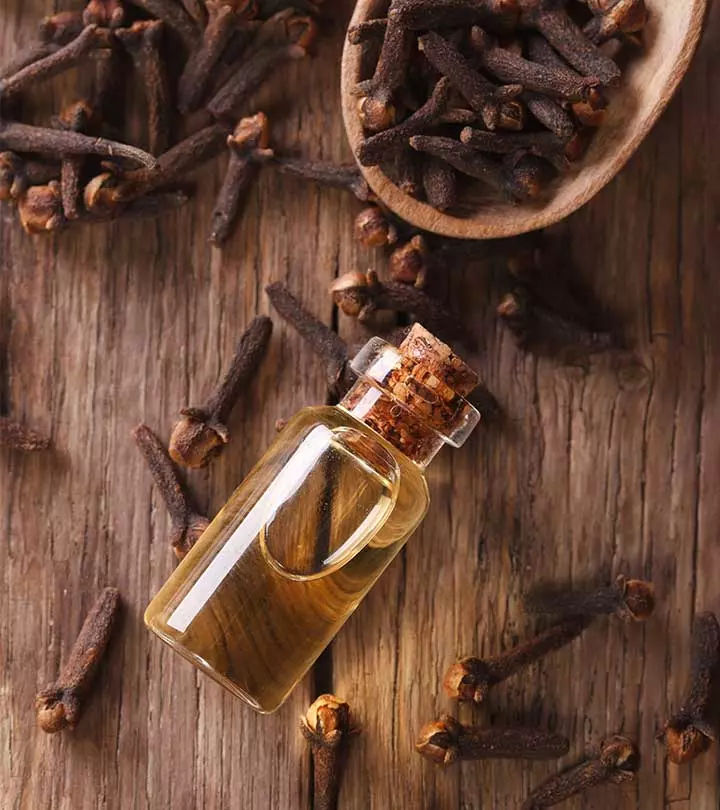
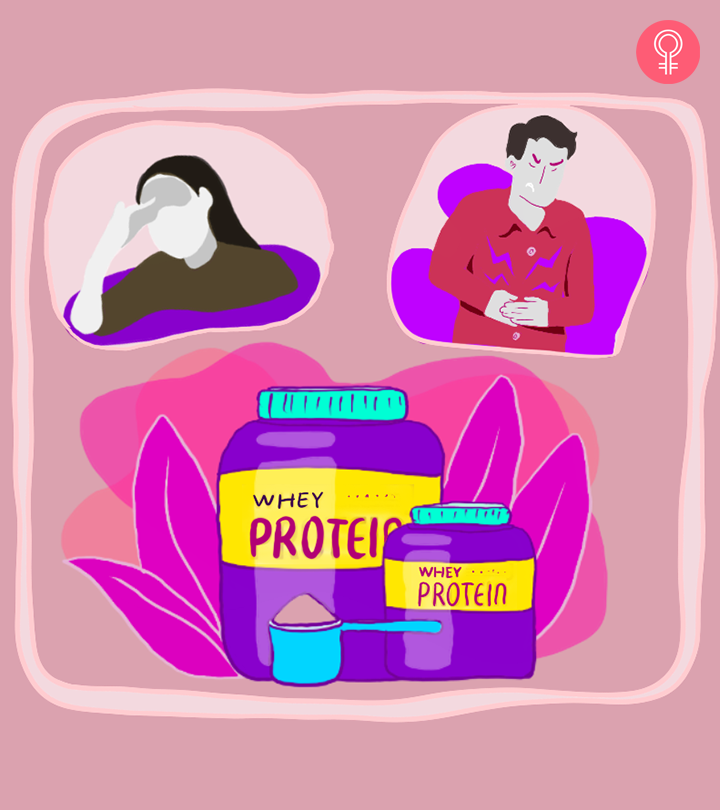
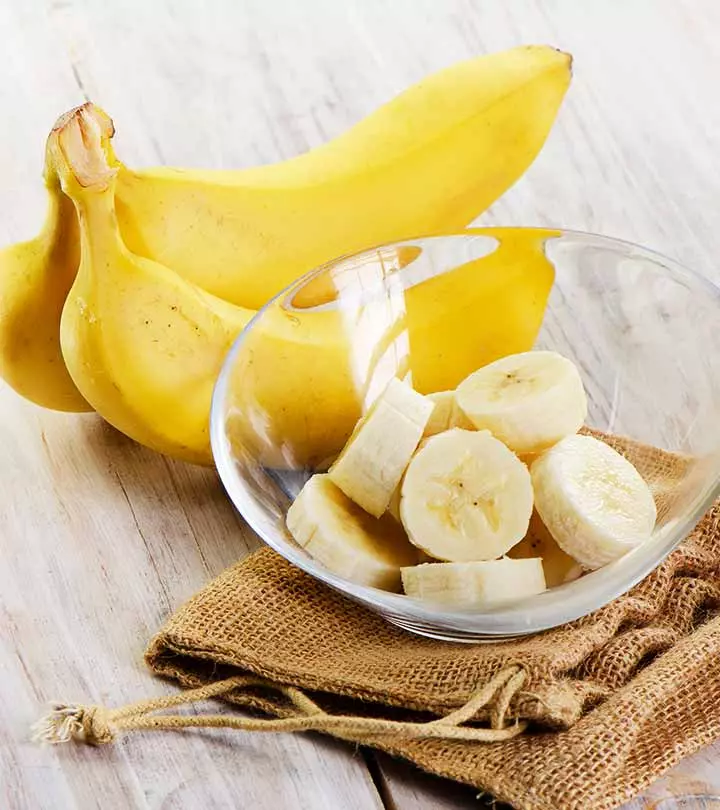
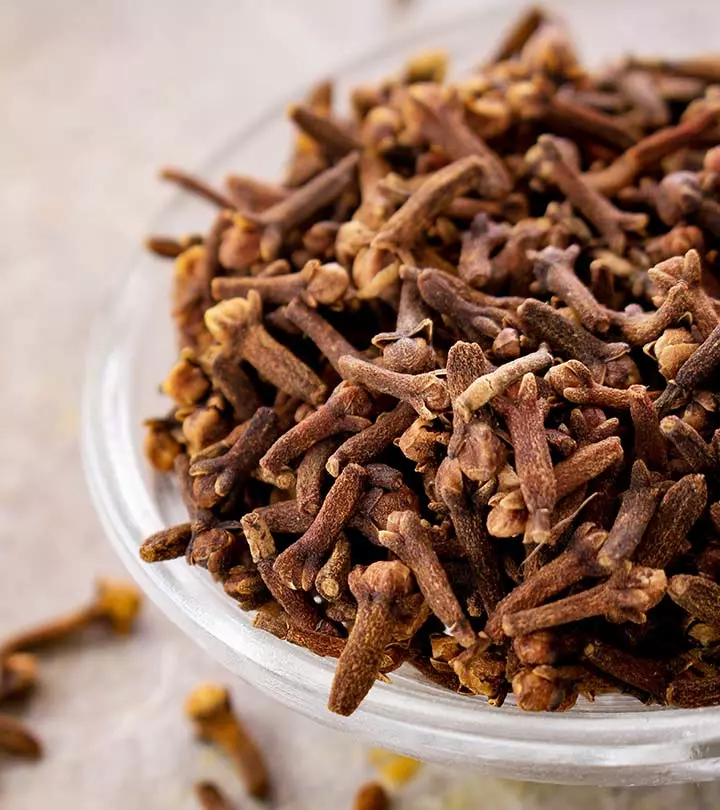
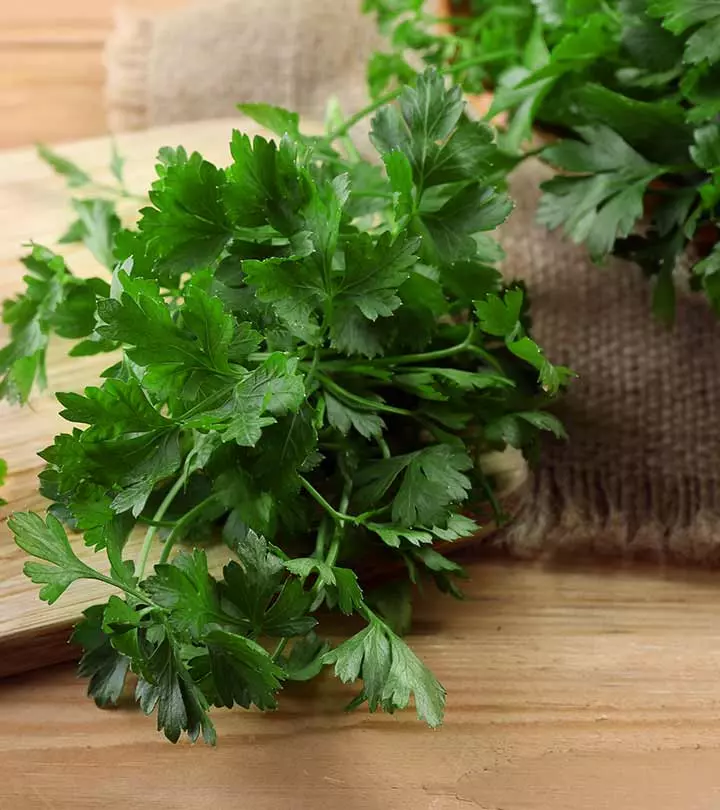

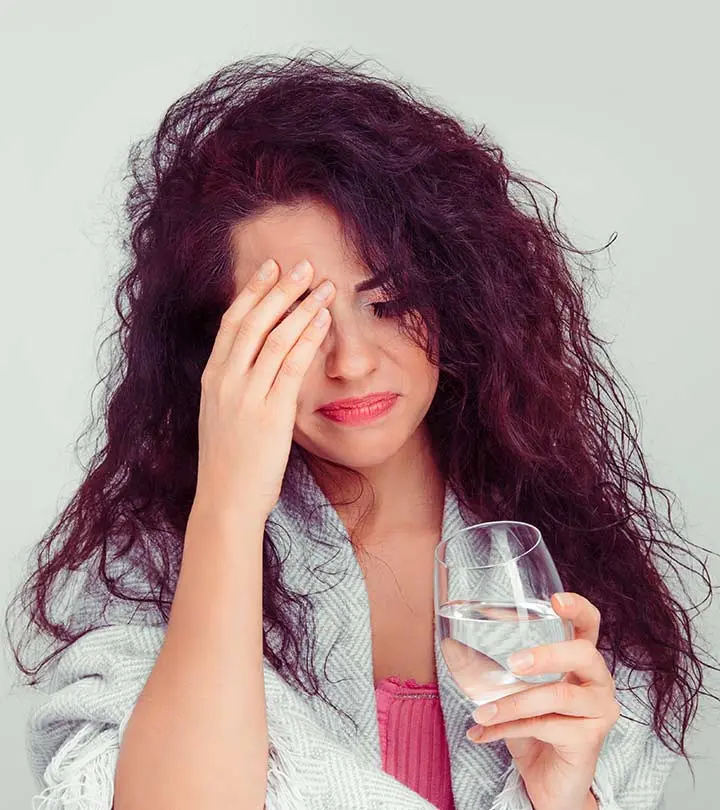
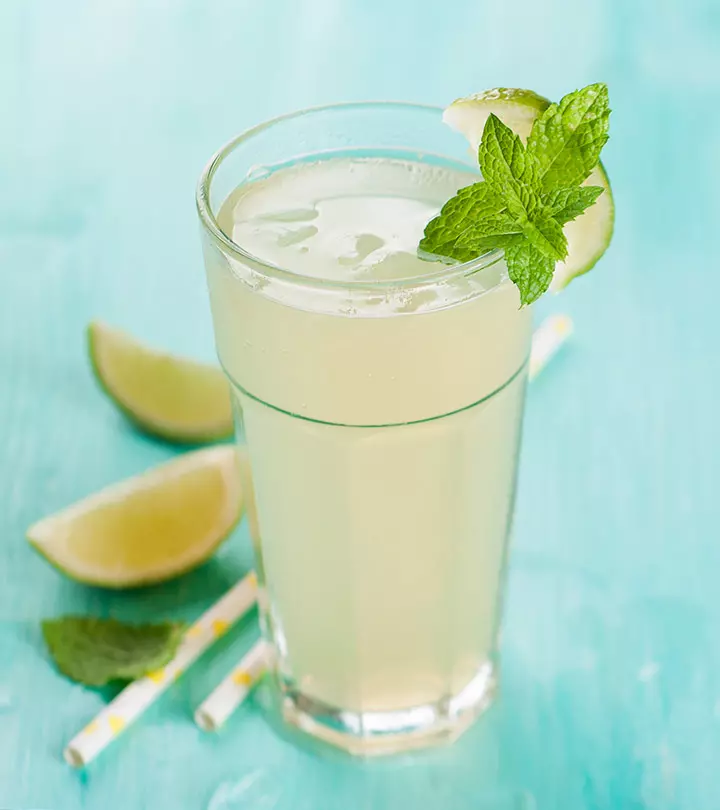
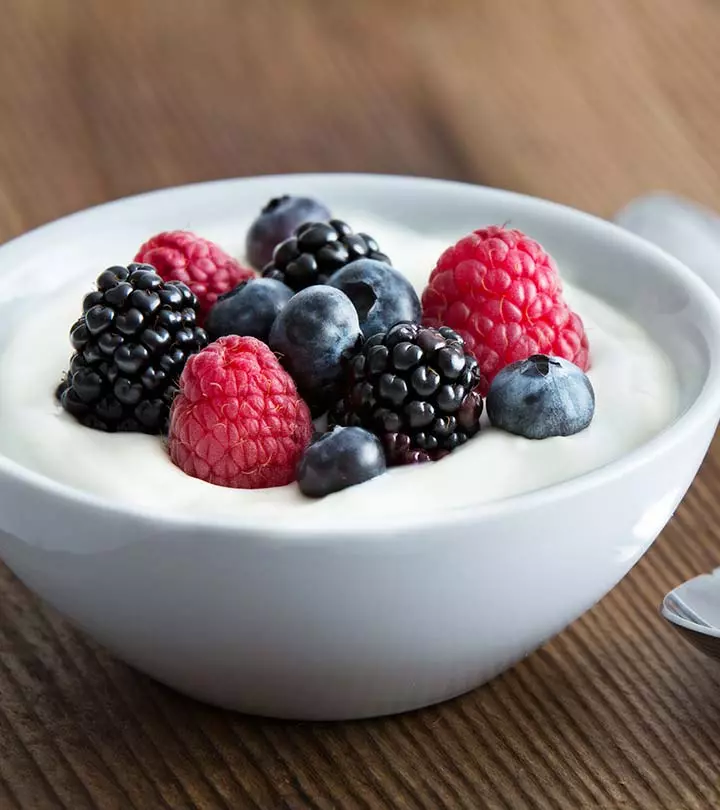
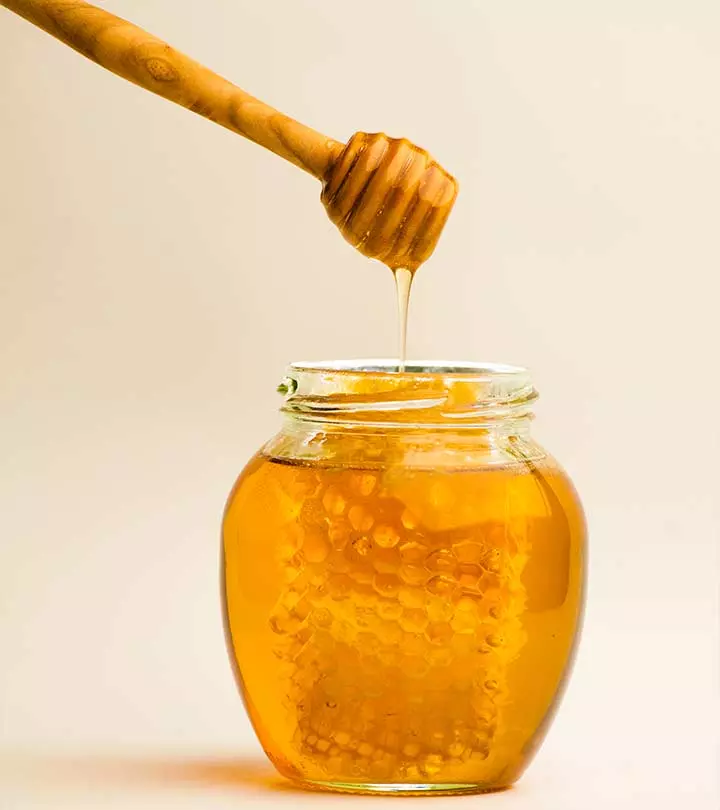

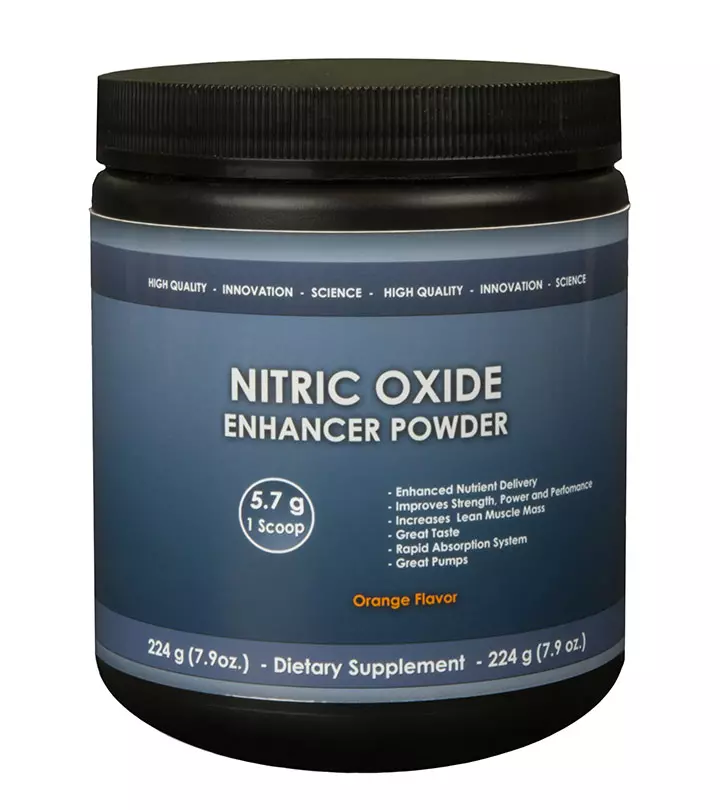
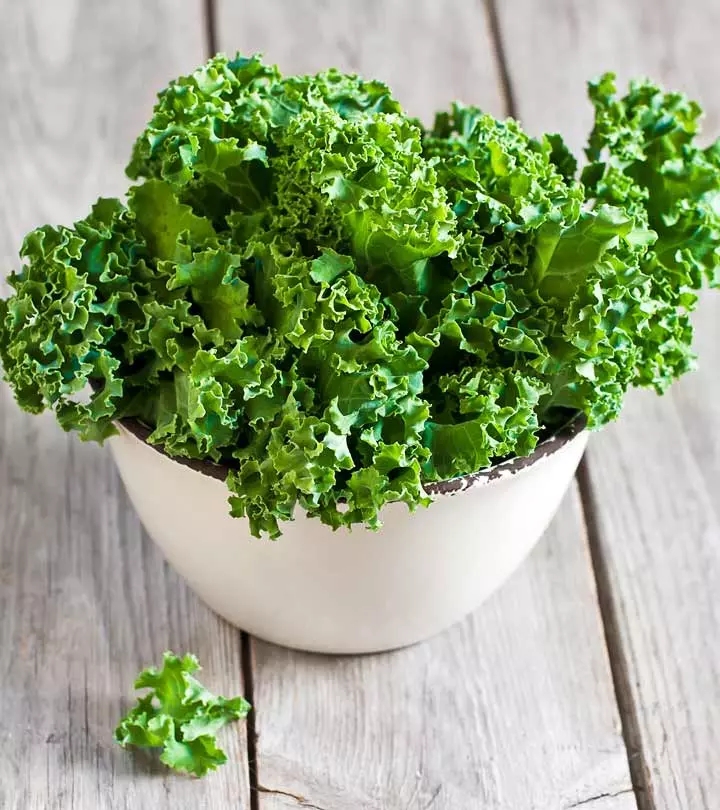

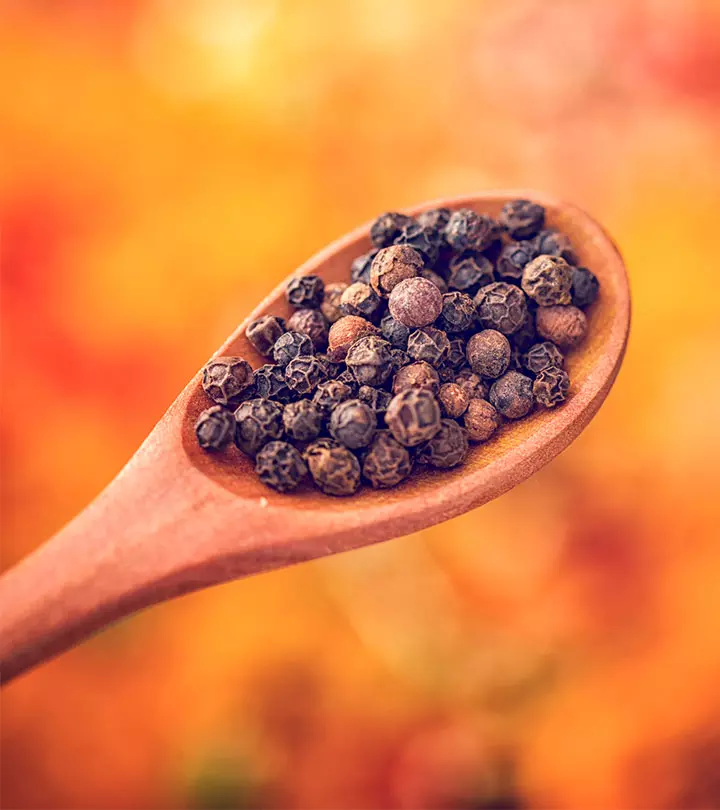
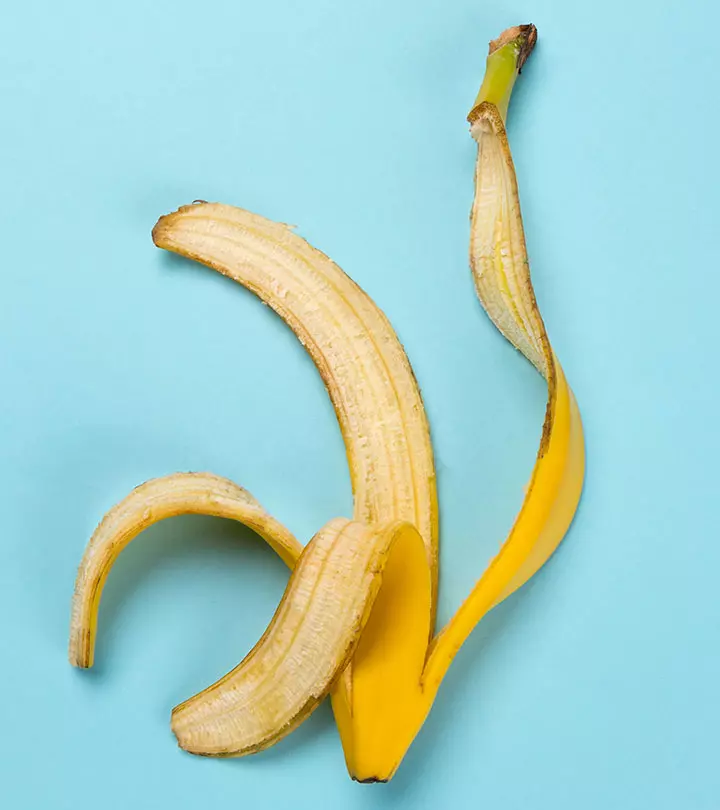
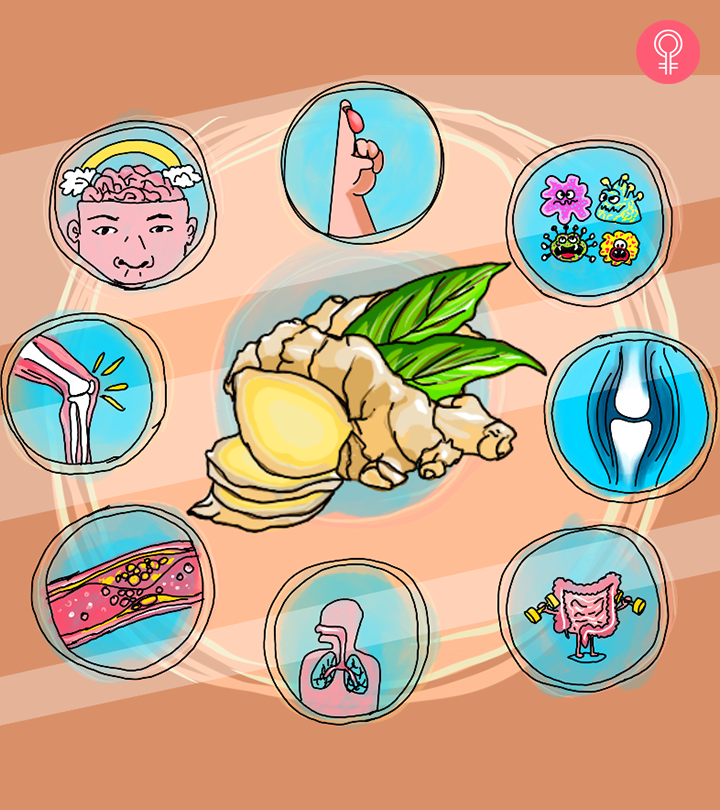

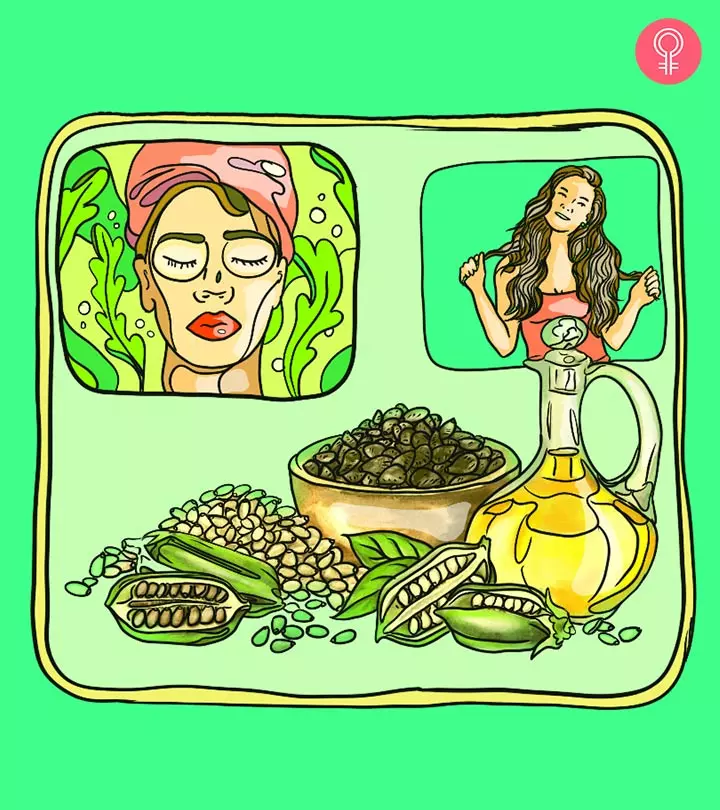
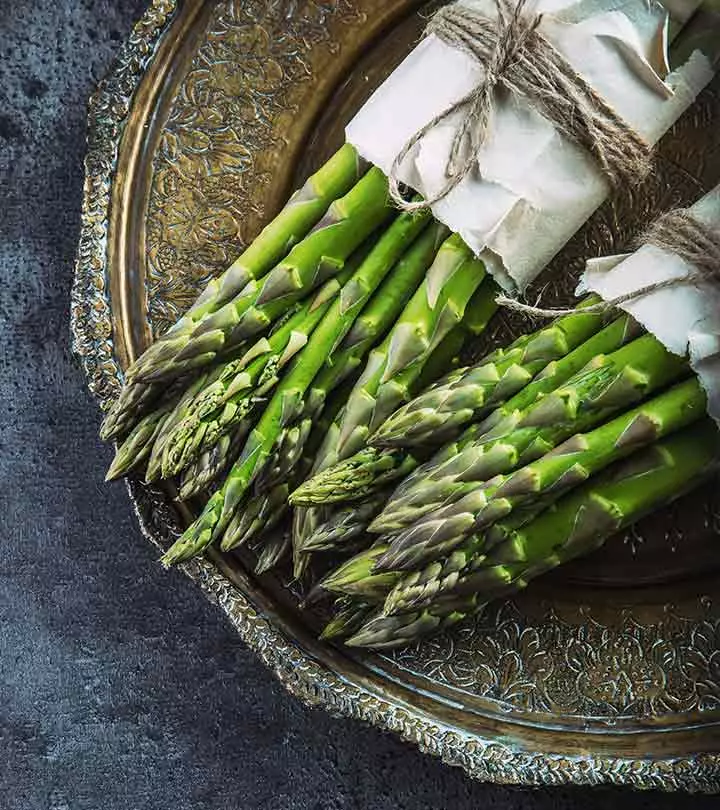
Community Experiences
Join the conversation and become a part of our empowering community! Share your stories, experiences, and insights to connect with other beauty, lifestyle, and health enthusiasts.